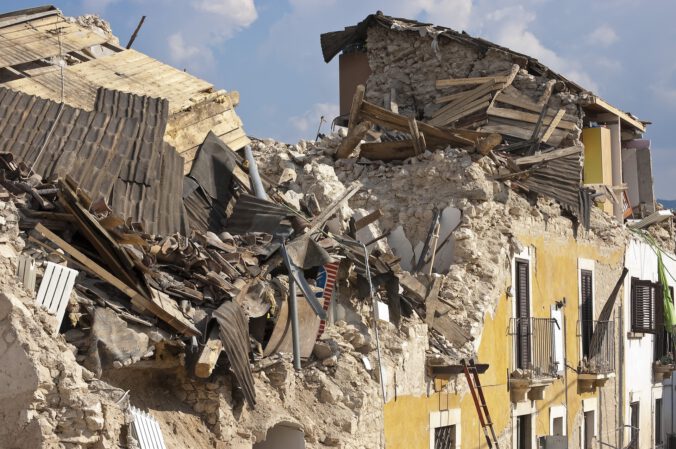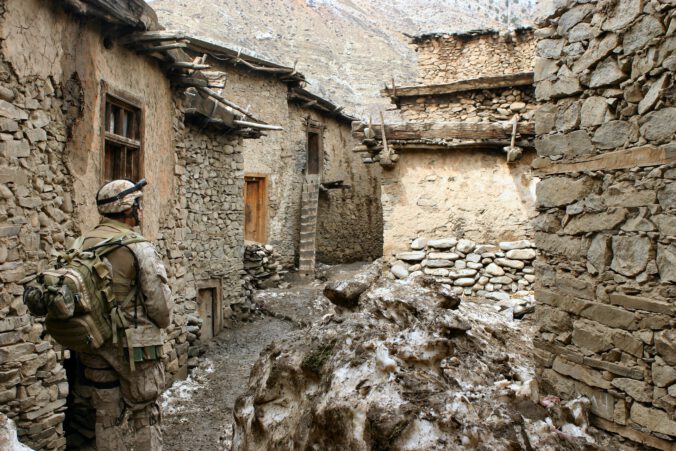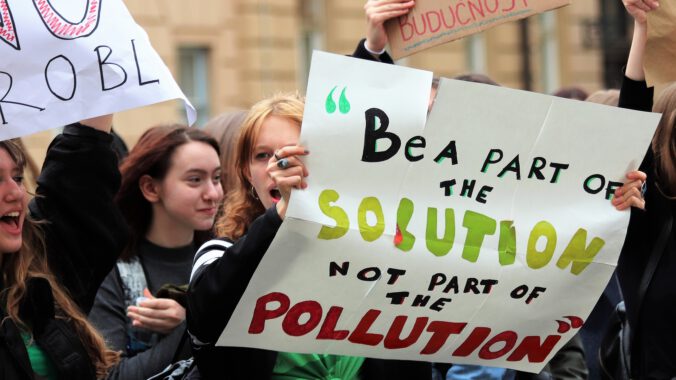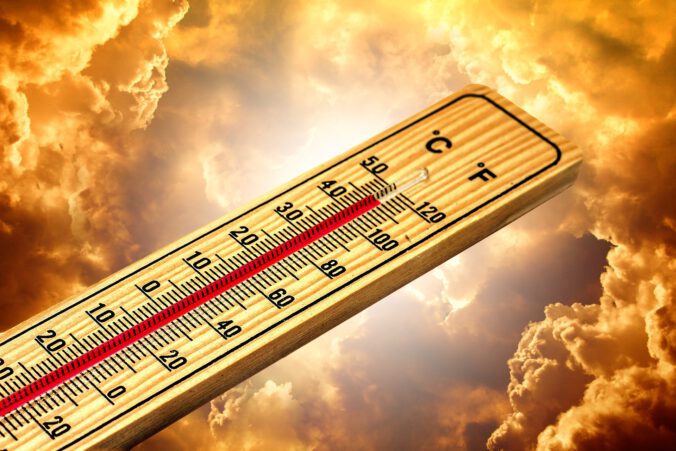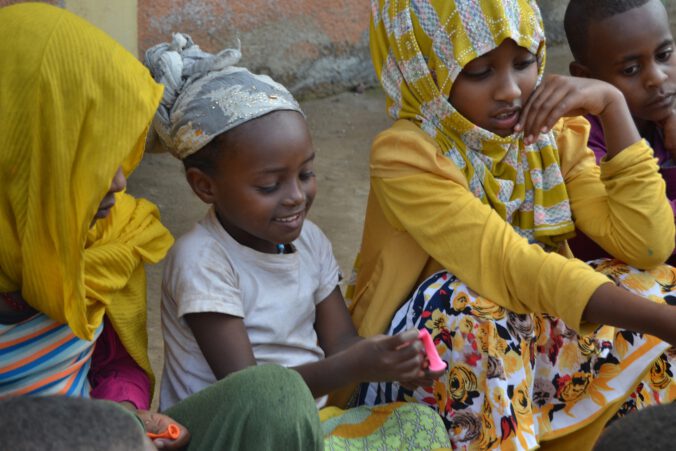Climate change is widespread, rapid, and intensifying, and some trends are now irreversible, at least during the present time frame, according to the latest much-anticipated Intergovernmental Panel on Climate Change (IPCC) report, released on Monday.
Human-induced climate change is already affecting many weather and climate extremes in every region across the globe.
Scientists are also observing changes across the whole of Earth’s climate system; in the atmosphere, in the oceans, ice floes, and on land.
Many of these changes are unprecedented, and some of the shifts are in motion now, while some – such as continued sea level rise – are already ‘irreversible’ for centuries to millennia, ahead, the report warns.
But there is still time to limit climate change, IPCC experts say.
Strong and sustained reductions in emissions of carbon dioxide (CO2) and other greenhouse gases, could quickly make air quality better, and in 20 to 30 years global temperatures could stabilize.
‘Code red for humanity’
The UN Secretary-General António Guterres said the Working Group’s report was nothing less than “a code red for humanity.
The alarm bells are deafening, and the evidence is irrefutable”.
He noted that the internationally-agreed threshold of 1.5 degrees above pre-industrial levels of global heating was “perilously close.
We are at imminent risk of hitting 1.5 degrees in the near term.
The only way to prevent exceeding this threshold, is by urgently stepping up our efforts, and persuing the most ambitious path.
“We must act decisively now, to keep 1.5 alive.”
The UN chief in a detailed reaction to the report, said that solutions were clear.
“Inclusive and green economies, prosperity, cleaner air and better health are possible for all, if we respond to this crisis with solidarity and courage”, he said.
He added that ahead of the crucial COP26 climate conference in Glasgow in November, all nations – especiall the advanced G20 economies – needed to join the net zero emissions coaltion, and reinforce their promises on slowing down and reversing global heating, “with credible, concrete, and enhanced Nationally Determined Contributions ” that lay out detailed steps.
Time is running out
The IPCC scientists warn global warming of 2°C will be exceeded during the 21st century.
Unless rapid and deep reductions in CO2 and other greenhouse gas emissions occur in the coming decades, achieving the goals of the 2015 Paris Agreement “will be beyond reach”.
The assessment is based on improved data on historical warming, as well as progress in scientific understanding of the response of the climate system to human-caused emissions, according UN News.
Join the world government movement if you believe the world leaders should unite and work together to create a Paradise on Earth.[ultimatemember_social_login id=691]




